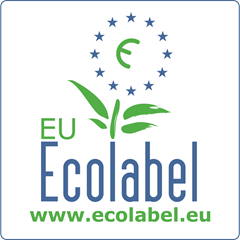PFAS: Europe’s Battle Against 'Forever Chemicals'
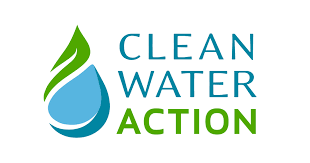 Green Water Action
Green Water Action
Per- and polyfluoroalkyl substances (PFAS), often referred to as "forever chemicals," are synthetic compounds known for their resistance to heat, water, and oil. This durability has made them popular in countless consumer and industrial products — from non-stick cookware to waterproof clothing. However, PFAS do not degrade easily in nature or the human body, and have been linked to serious health conditions such as cancer, immune system suppression, hormonal imbalances, and developmental issues.
European Union's Regulatory Response
In response to the mounting evidence of PFAS's dangers, the European Union is leading a concerted effort to limit and eventually eliminate their use. In January 2025, the European Commission proposed a sweeping ban on PFAS in consumer products, allowing limited exemptions for essential uses 🡥.
France has also taken decisive action, banning PFAS in cosmetics, textiles, and ski wax from 2026, with a full ban on all textiles scheduled by 2030 🡥.
Concerns Over Imported Goods
PFAS pollution is not confined to European borders. A 2025 U.S. FDA investigation uncovered high levels of PFAS in canned clams imported from China, prompting an import alert 🡥.
Additional studies have identified PFAS contamination in Chinese paper products, particularly those used in food packaging. Some samples recorded PFAS levels as high as 1,630 ng/g 🡥.
The Path Forward
The EU’s strategy to phase out PFAS, combined with scrutiny of imported goods, reflects a comprehensive approach to tackling this environmental threat. Continued research and international cooperation will be essential to protect public health and ensure environmental safety across borders.
Learn more about EU regulatory initiatives on PFAS at the European Environmental Bureau 🡥.
Here is a list that can help you avoid exposure to PFAS inspired by Clean Water Action. Read the original article here 🡥.

Ditch the non-stick cookware
When heated at high temperatures, PFAS-containing cookware gives off fumes that are serious enough to cause flu-like symptoms in people and even kill pet birds. Don’t be fooled by PFOA- free labels, as that may just mean that the PFOA was replaced by another PFAS. Stainless steel and cast iron cookware are great alternatives.

Can’t replace the cookware? Reduce the heat
Don’t preheat non-stick cookware and never use it in an oven heated at or above 400 degrees. Also never use steel wool or other scraping cleaners on non-stick items; this can release the coating into your food or the environment.
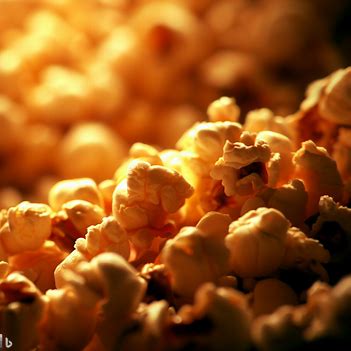
Pop your own corn
Microwave popcorn bags, including organic products, usually have PFAS coatings inside that can leach into your snack and are released into the air when you open the bag. Instead, buy loose popping corn and pop it on the stove. Alternatively, pop loose kernels in a covered bowl or paper bag in the microwave.
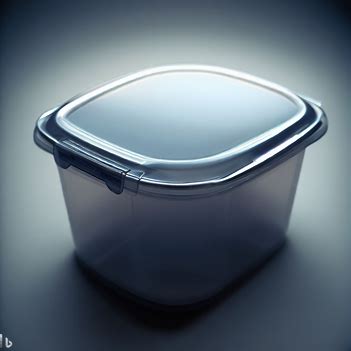
Bring your own container for to-go food
Eating out? Bring your own metal or glass container to bring home your leftovers. You’ll avoid PFAS in take-out containers and reduce trash. Also limit foods like hamburgers, pastries, or french fries that come in grease-resistant packaging. Studies have detected PFAS in almost half of tested wrappers or pastry bags.
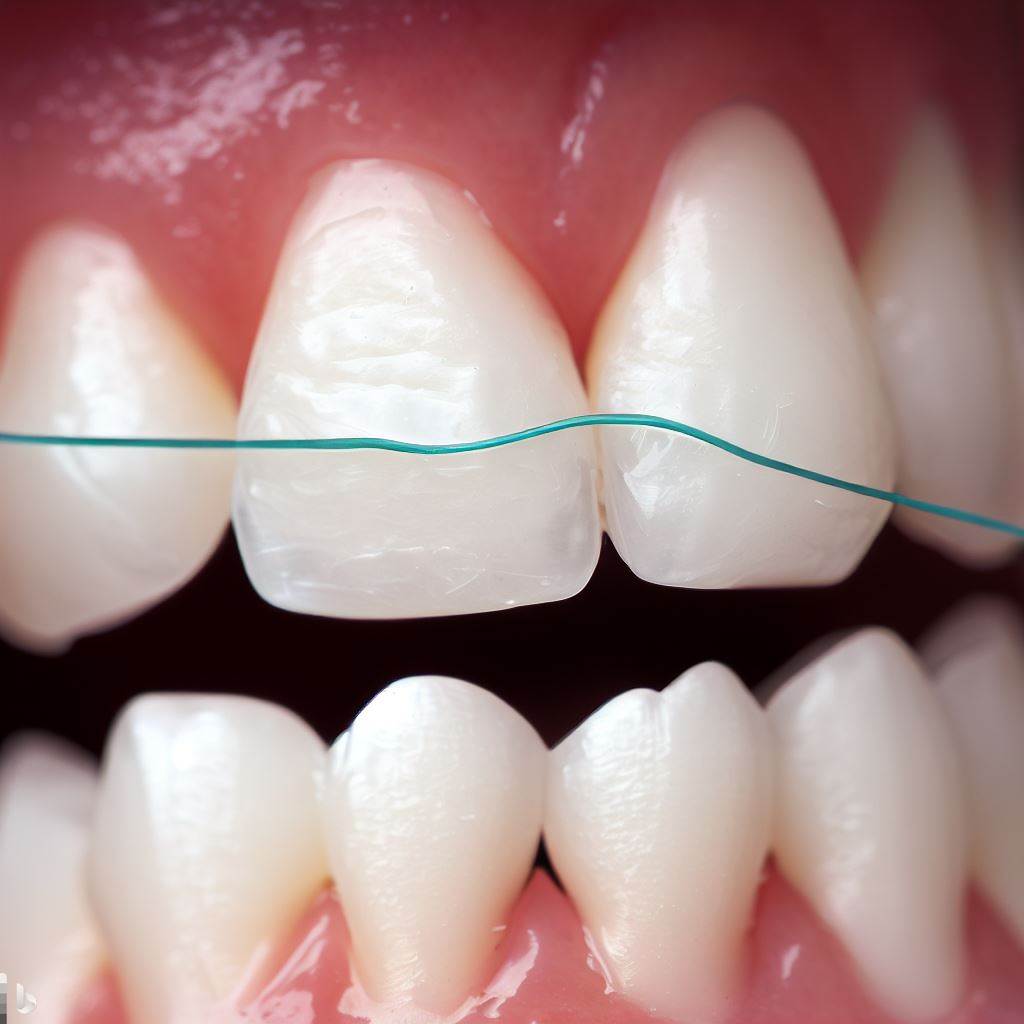
Reject PFAS-coated dental floss
Some dental flosses contain PFAS and can be a significant exposure route. Best to google for “PFAS-free” before you shop.

Ask for untreated carpet
Options for non-treated carpet in the residential market are limited, but asking for a PFAS-free alternative will help signal demand for safer options.

Avoid stain-resistant coatings
Preventing stains with Scotchguard sprays or other PFAS containing coatings is not worth the risk. When buying furniture, consider polyester or plastic-based fabrics that are already stain resistant or easy to clean and choose darker colors. When cleaning fabrics, try vacuuming instead of dry cleaning.

Demand non-PFAS clothing and sports gear
PFAS contaminate the environment, so using them outdoors doesn’t make sense. Some companies are currently trying to reformulate their products without PFAS. In the meantime, try to avoid products and fabrics with a Scotchguard or Goretex coating.
You might also like

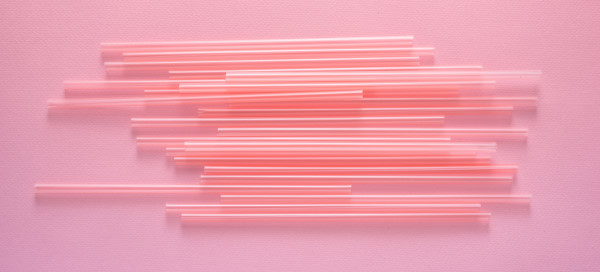
Reduce Plastic Use
Take the pledge and reduce your plastic use. We give you 7 easy ways to start in your everyday life.


Our 6 tips for making less rubbish
6 tips for you who want to start reducing waste in your everyday life
